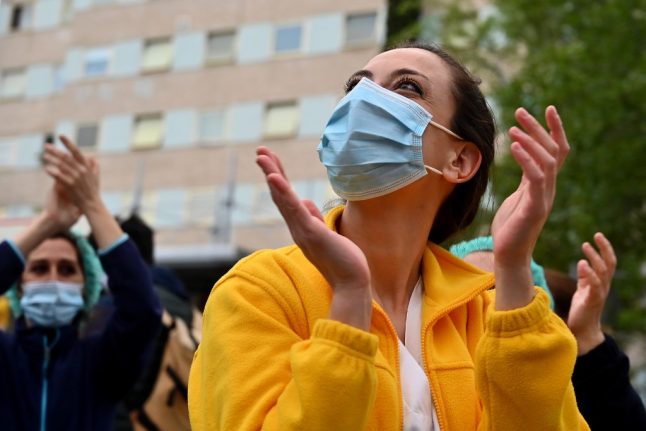Sunday's reported Covid-19 fatalities in Spain were 112 fewer than Saturday's figure.
It is also the lowest daily increase since March 18th when 107 deaths were recorded ,but the ministry's emergencies coordinator Fernando Simon said the figure had to be interpreted with “caution” as it comes on a long holiday weekend when reporting of fatalities by hospitals is usually slower.
“The figures are very good and confirm the trend we have observed. We have to see if they are consolidated in the coming days,” he told a news conference.
The country's total coronavirus death toll now stands at 25,264.
As of Sunday May 3rd, Spain had had 217,466 confirmed cases.
Another reassuring figure is the number of confirmed recoveries, which on Sunday was double that of new cases – 1,645 compared to 838.
Spain's number of recovered patients now stands at 118,902.
The news comes the day after Spaniards were allowed to go out for walks and to exercise for the first time after 48 days of home confinement.
READ ALSO:



 Please whitelist us to continue reading.
Please whitelist us to continue reading.
Member comments